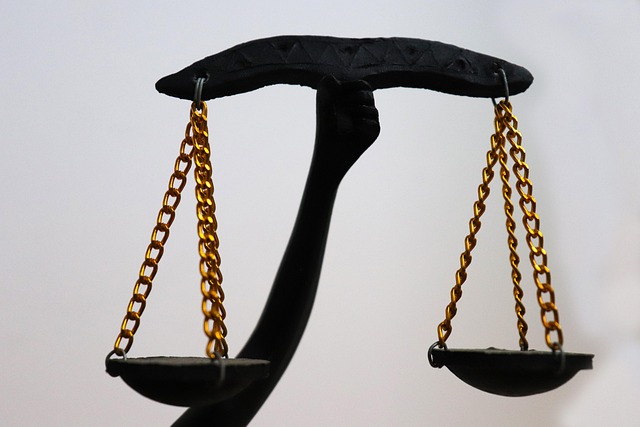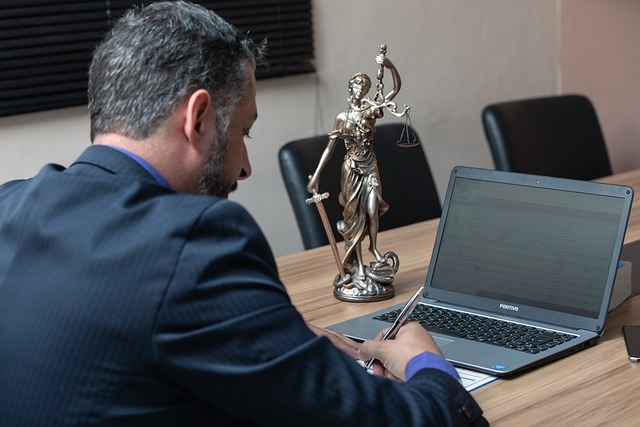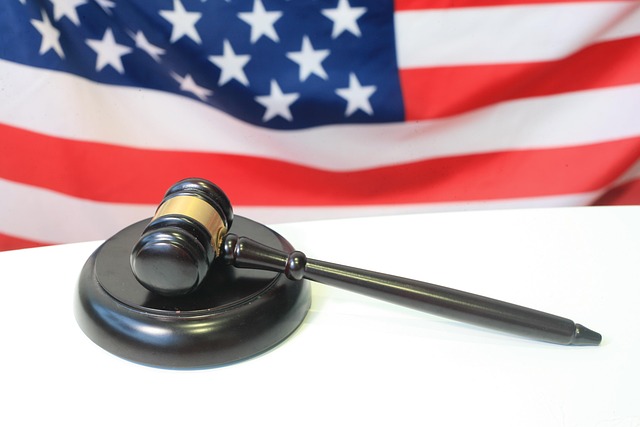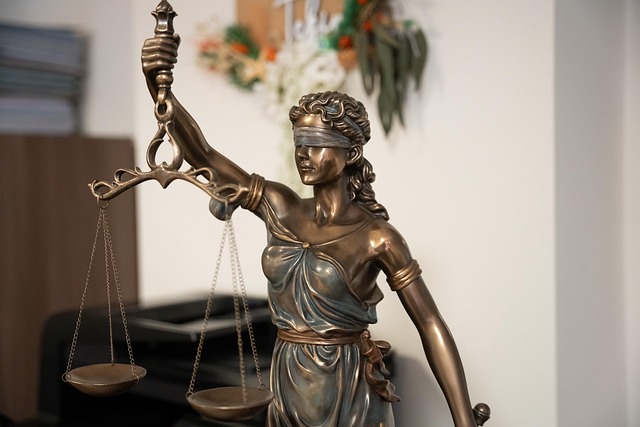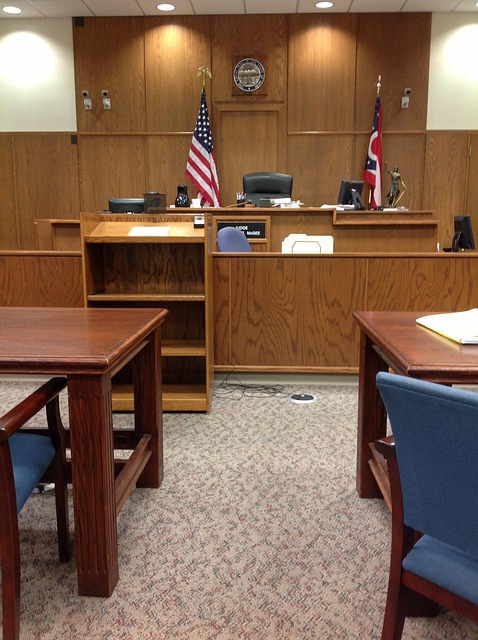Consumer protection laws guard individuals from unfair business practices, with suits ranging from individual to class-action. Libel cases in civil court are a key tool for consumer redress, targeting false or defamatory statements about products or services. These cases ensure market transparency, protect reputations, and can lead to substantial settlements, legislative changes, and industry standards, fostering trust between businesses and clients. Legal professionals strategically navigate jurisdiction and procedural rules, using clear evidence and narratives to secure favorable outcomes in libel case examples within civil court.
Consumer protection suits play a vital role in safeguarding individuals from unfair business practices and ensuring market integrity. This article delves into the intricacies of consumer protection laws, exploring their reach and impact on various sectors. We dissect common types of lawsuits, highlighting recent libel case scenarios within civil courts. Additionally, we offer practical insights for advocates navigating legal procedures, emphasizing strategies to effectively protect consumer rights and mitigate business risks.
- Understanding Consumer Protection Laws and Their Reach
- Common Types of Consumer Protection Suits: A Breakdown
- Libel Case Scenarios: Protecting Reputation in Civil Court
- Navigating Legal Procedures for Effective Consumer Advocacy
Understanding Consumer Protection Laws and Their Reach

Consumer protection laws are designed to safeguard individuals from unfair business practices and ensure their rights as consumers. These laws cover a wide range of issues, including misrepresented product information, deceptive advertising, hidden fees, and unfair pricing. Understanding these regulations is essential for both businesses and consumers alike. Consumer protection suits can take various forms, ranging from individual claims to class-action lawsuits, with the goal of holding companies accountable and providing remedies to affected parties.
One common avenue for consumer redress is through civil courts, where individuals may seek compensation for damages incurred due to business misconduct. For instance, Libel cases in these courts have been pivotal in holding companies accountable for false or misleading information about their products. Across the country, successful libel case examples demonstrate the reach and impact of consumer protection laws, ensuring that businesses operate transparently and ethically. Avoiding indictment and achieving a complete dismissal of all charges are not the primary goals; instead, these cases aim to provide justice and deter future violations, thereby protecting consumers from potential harm.
Common Types of Consumer Protection Suits: A Breakdown

Consumer Protection Suits often revolve around various legal strategies to safeguard consumers’ rights. Among the common types are those involving Libel Case Examples in Civil Court. These cases target false or defamatory statements made about a product or service, helping to maintain transparency and trust in the market. For instance, a company making unsubstantiated health claims for its products could face a libel suit if a consumer feels misled.
Another significant category involves jury trials where consumers collectively take on powerful corporations. These cases often highlight unprecedented track records of unethical business practices, leading to substantial settlements. Moreover, they have the potential to shape industry standards and influence legislative changes, fostering a healthier relationship between businesses and their clientele within the philanthropic and political communities.
Libel Case Scenarios: Protecting Reputation in Civil Court

In the realm of consumer protection suits, libel cases play a crucial role in safeguarding individuals’ reputations from unwarranted attacks. These scenarios often arise when false or defamatory statements are made about a consumer’s character, products, or services, leading to significant civil consequences. Libel case examples in civil court involve corporate entities spreading malicious misinformation about their competitors or individual clients facing baseless accusations that damage their personal and professional integrity.
Protecting one’s reputation in such cases is paramount. Across the country, legal battles have resulted in complete dismissal of all charges when plaintiffs successfully proved the falsity of the statements and demonstrated substantial harm to their standing in the community. This underscores the importance of seeking legal counsel for those facing libelous accusations, ensuring they can navigate these complex matters effectively and ultimately achieve a favorable outcome.
Navigating Legal Procedures for Effective Consumer Advocacy

Navigating the legal procedures involved in consumer protection suits requires a strategic approach to effectively advocate for consumers’ rights. One crucial aspect is understanding the jurisdiction and procedural rules governing such cases, which can vary significantly across regions. Legal professionals must be adept at constructing robust arguments that not only protect corporate and individual clients but also align with relevant laws and regulations.
In civil courts, libel case examples highlight the importance of presenting clear evidence and compelling narratives to secure winning challenging defense verdicts. By meticulously gathering and presenting facts, expert testimonies, and legal precedents, advocates can ensure justice is served and consumer interests are safeguarded. This process demands a deep understanding of not only legal principles but also the dynamics of consumer behavior and corporate practices.
Consumer protection laws serve as a crucial safeguard, ensuring businesses hold up their end in providing safe and reliable products and services. By understanding these laws and navigating the appropriate legal procedures, consumers can effectively advocate for their rights. From common types of consumer protection suits to specific cases like libel, which are explored through real-world examples in civil court, knowledge is power. Armed with this information, folks can navigate a complex landscape and protect themselves from unfair practices, ensuring a fairer and more transparent business environment.
